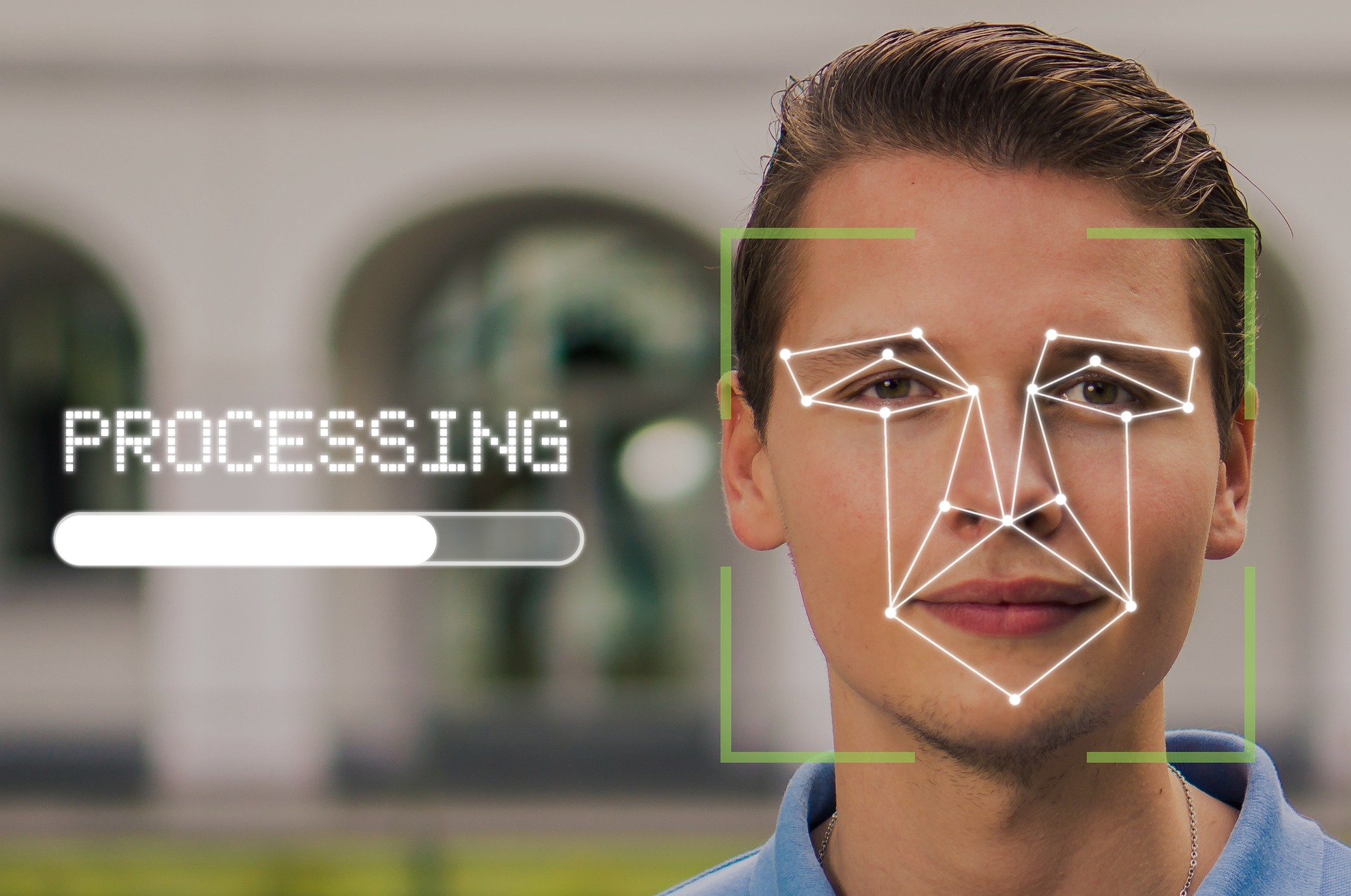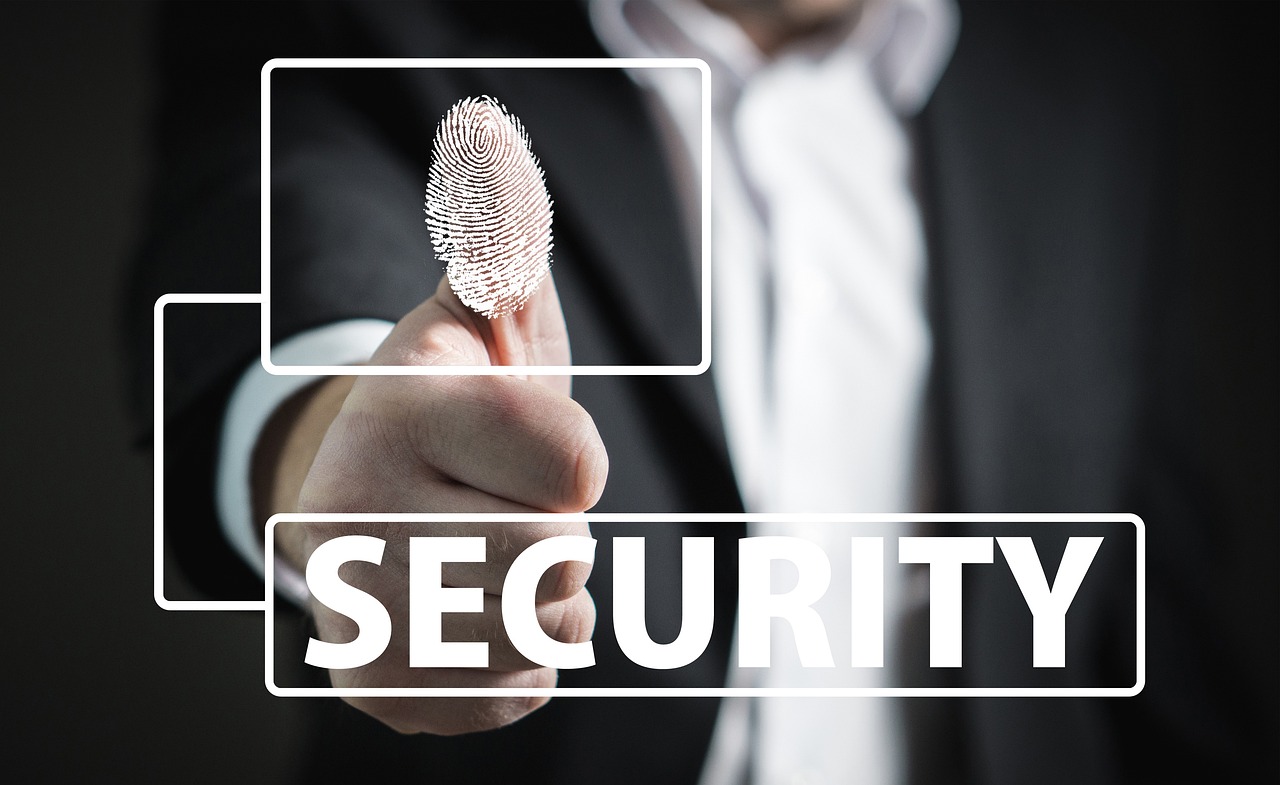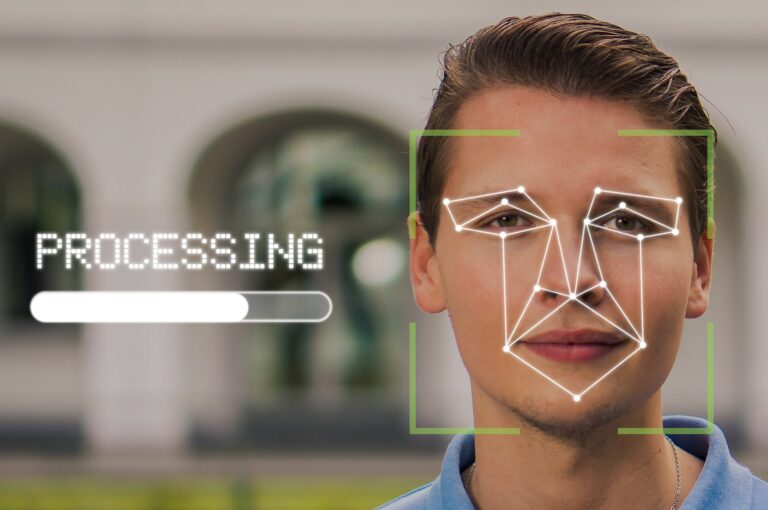Beyond Passwords: The Role of Biometrics in Preventing Account Takeover
The importance of strong security measures cannot be overstated in a world where our lives are increasingly intertwined with digital platforms. Passwords have long been the primary defense against unauthorized access, but as cyber threats become more sophisticated, so must our methods of protection. Biometrics is cutting-edge technology that goes beyond passwords to provide a secure and convenient solution for preventing account takeover. In this article, we’ll explore the role of biometrics in enhancing online security and thwarting cybercriminals’ attempts.
Biometrics Unveiled: A New Era of Authentication
Biometrics refers to unique physical and behavioral traits that distinguish individuals from one another. These traits are difficult to replicate, making them ideal candidates for robust authentication. Here are some common biometric identifiers:
- Fingerprint Recognition: Your fingerprints are unique to you, and fingerprint scanners have become a popular feature in smartphones and other devices for secure authentication.
- Facial Recognition: Facial recognition technology analyzes facial features to create a unique identifier. It’s not just for unlocking your smartphone; it’s also being integrated into various security applications.
- Iris and Retina Scans: These scans analyze the patterns in your irises or retinas. Because these patterns are highly individualistic and challenging to forge, they offer strong security.
- Voice Recognition: Your voice is as unique as your fingerprint. Voice recognition technology analyzes various vocal characteristics to verify your identity.
The Biometric Advantage: Why It Matters
Biometrics offers a host of benefits for authentication, including improved accuracy and convenience. Here’s why biometric authentication is becoming the new gold standard:
- High Accuracy: Biometrics offer a level of accuracy that surpasses traditional password-based authentication. Your unique biological traits are extremely difficult to replicate, making it a robust defense against cybercriminals.
- Convenience: Unlike passwords, you don’t need to remember or enter biometric identifiers. They are part of you, making the authentication process seamless and user-friendly.
- Enhanced Security: Since biometric identifiers are unique to individuals and can’t be easily copied, the risk of unauthorized access is significantly reduced.
- Reduced Vulnerability to Phishing: Phishing attacks often target passwords. Biometrics provides an added layer of security, as cybercriminals can’t obtain your fingerprints or facial features through email scams.
Implementation Challenges and Considerations
While biometrics offer promising advantages, there are challenges to consider:
- Privacy Concerns: Storing biometric data requires careful handling to protect users’ privacy. Ensuring secure storage and transmission of this data is crucial.
- Technical Limitations: Some biometric technologies can be affected by changes in physical appearance (e.g., facial hair) or health conditions (e.g., voice changes due to illness).
- Biometric Spoofing: While biometric traits are unique, there have been instances of successful spoofing using high-quality photographs or voice recordings. Ongoing research focuses on improving anti-spoofing measures.
In Conclusion
In an age where passwords alone no longer suffice to protect our digital identities, biometrics offer an exciting and robust solution. The role of biometrics in preventing account takeover cannot be understated. It offers accuracy, convenience, and an added layer of security that aligns with the demands of our digitally-driven lives. While challenges exist, advancements in biometric technology continue to improve its effectiveness and reliability. Embrace the future of secure authentication, where your unique traits provide the key to safeguarding your online presence.…








